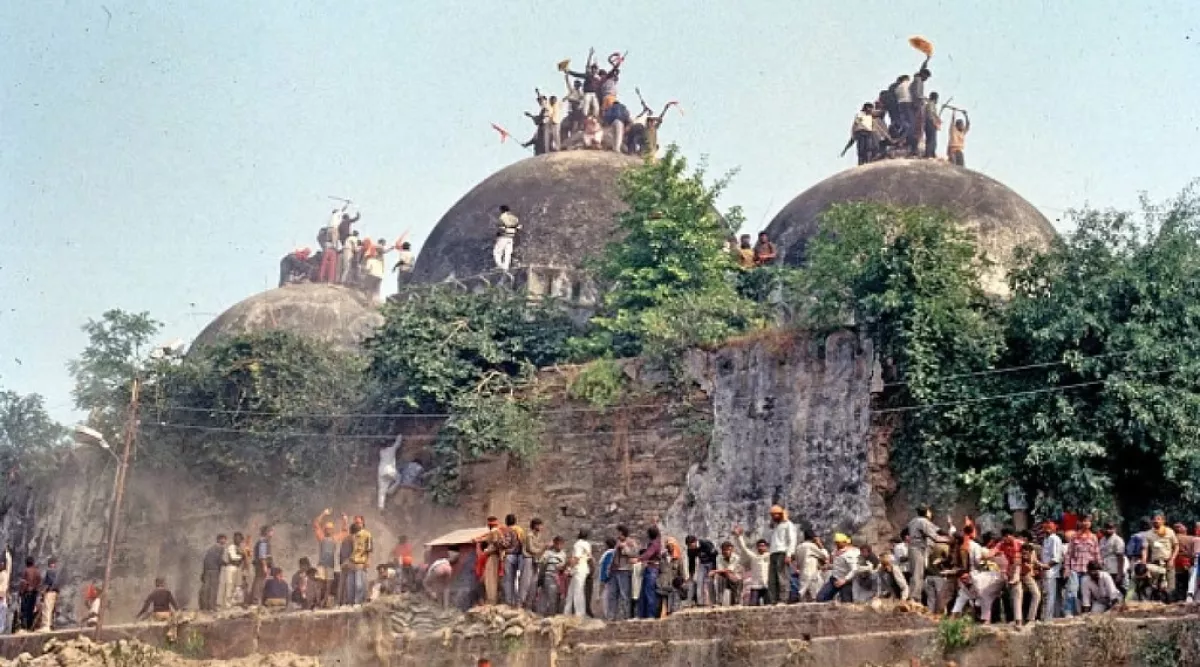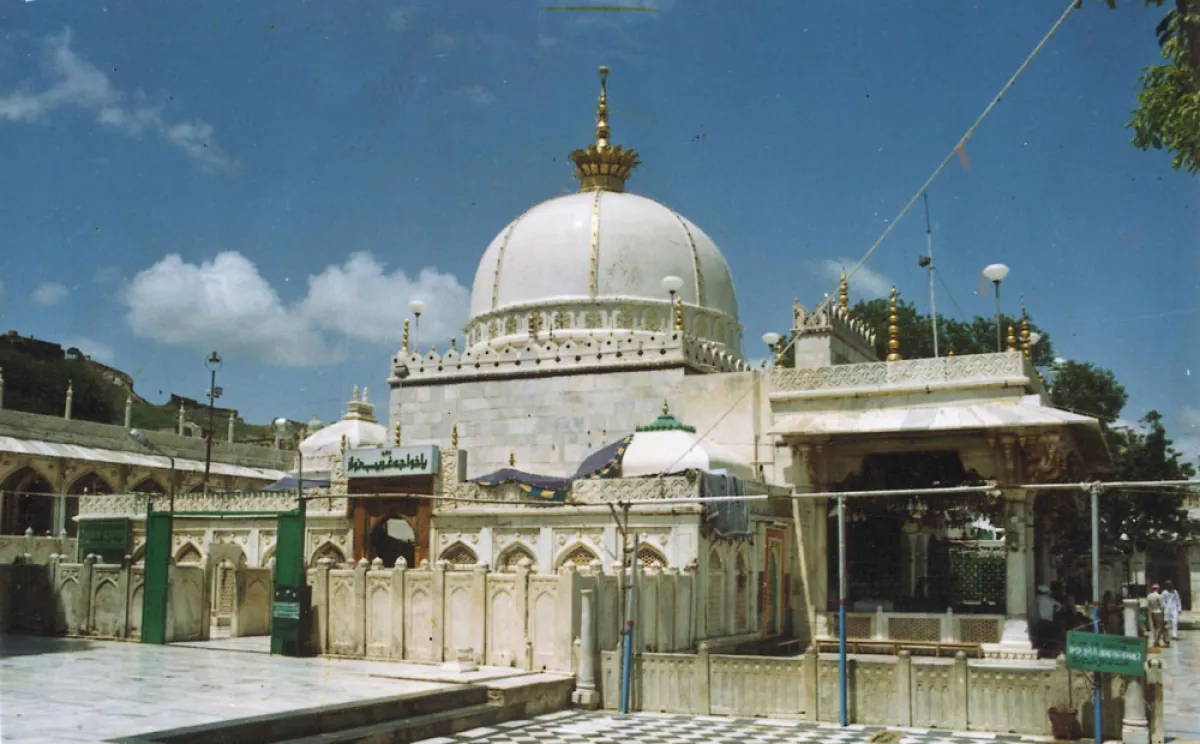India: BJP's controversial law threatens Muslim properties Photo
Last month, India’s Parliament, dominated by Prime Minister Narendra Modi’s Bharatiya Janata Party (BJP) and its allies, passed a contentious bill that gives the government more authority over the management of Muslim land endowments.
Signed into law by India’s president a day later, the bill is now being contested in the Supreme Court.
The legislation impacts thousands of religious and charitable properties across India known as waqfs, with an article by Foreign Affairs pointing out that those will include centuries-old mosques, shrines, and seminaries donated by Muslims that were previously governed under the 1995 Waqf Act.
This new amendment to the Waqf Act enables the central government to appoint non-Muslims to waqf boards and expand its role in determining property ownership. While the original law acknowledged endowments even without complete documentation, the revised law allows challenges to such claims, sparking concerns among Indian Muslims.
Muslims, who make up 14 per cent of India’s 1.4 billion people, are the country's largest religious minority. According to the article, a 2023 report revealed that they hold the lowest levels of assets and consumption among major religious groups.
The Modi government claims the new law will tackle corruption, increase transparency, and protect Muslim women’s inheritance rights. But opposition parties and Muslim leaders argue that it could be misused by the Hindu nationalist administration to seize Muslim property under a legal pretext.
Under Modi’s leadership, India has seen a steady rise in Hindu nationalism. After his re-elections in 2019 and 2024, this ideological shift has intensified, with the article highlighting that right-wing Hindu groups are increasingly pursuing legal battles to reclaim mosques, claiming they were built atop ancient Hindu temples.

One such case was the controversial partial construction of the Hindu temple Ram Mandir in Ayodhya, which was blessed by Modi last year on the ruins of the Babri Masjid, a 16th-century mosque destroyed by Hindu extremists in 1992. The temple’s construction followed a decades-long campaign and a 2019 Supreme Court ruling that awarded the disputed land to Hindu petitioners.
As the publication recalls, BJP leaders have also attempted to recast the Taj Mahal, an iconic Mughal structure and UNESCO heritage site, as a Hindu temple. This effort is part of a broader campaign to erase the Mughal legacy—a Muslim dynasty of Central Asian origin that ruled India from 1526 to 1858 and used Persian as its court language.
With the amendment to the 1995 law, many Muslims believe the BJP is reinforcing a two-tier citizenship system, removing legal protections over ancestral waqf property to advance its political goals.
The All India Muslim Personal Law Board condemned the legislation as “discriminatory, communally motivated, and a blatant infringement on the constitutional rights of Muslim citizens.”
“This law will force Muslims to stand in line just to prove they own land left to them by their forefathers,” said Mohammed Taufeeq, a waqf board member from Gujarat.

In March 2024, Gujarat’s BJP-led government demolished an Islamic shrine during a heavy police operation in Junagadh. Later in the year, nine more Islamic structures were torn down. In November, a northern Indian court issued a notice claiming the Ajmer Dargah, a major Sufi shrine, was originally a Hindu temple, following a petition from the extremist group Hindu Sena.
Alongside demolitions, Muslim-sounding city names and landmarks have been renamed. In 2018, the BJP government in Uttar Pradesh renamed the historic city of Allahabad to Prayagraj, claiming it restored the area’s Hindu heritage. Similar changes have been observed in Gujarat, Maharashtra, and Madhya Pradesh.
The article reports that Muslims now fear that if protected Islamic shrines could be targeted before the new law, the amendment may further erode their ability to manage waqf properties. India has more than 870,000 registered waqf holdings valued at over $14 billion.
This legislation isn’t the BJP’s first attempt to reshape laws affecting Muslims. Hindu nationalist groups and local governments have previously tried to desecrate mosques and shrines. But this new law, implemented nationally, has drawn widespread protest. Demonstrations since the bill’s passage have led to at least three deaths and more than 150 arrests.
In the past decade, the BJP has also promoted a National Register of Citizens (NRC) to identify undocumented migrants, altered citizenship laws, abolished triple talaq (instant Islamic divorce), and revoked Kashmir’s special status. As the article’s author points out, each of those moves has further weakened the constitutional protections afforded to India’s Muslim minority.
By Nazrin Sadigova








